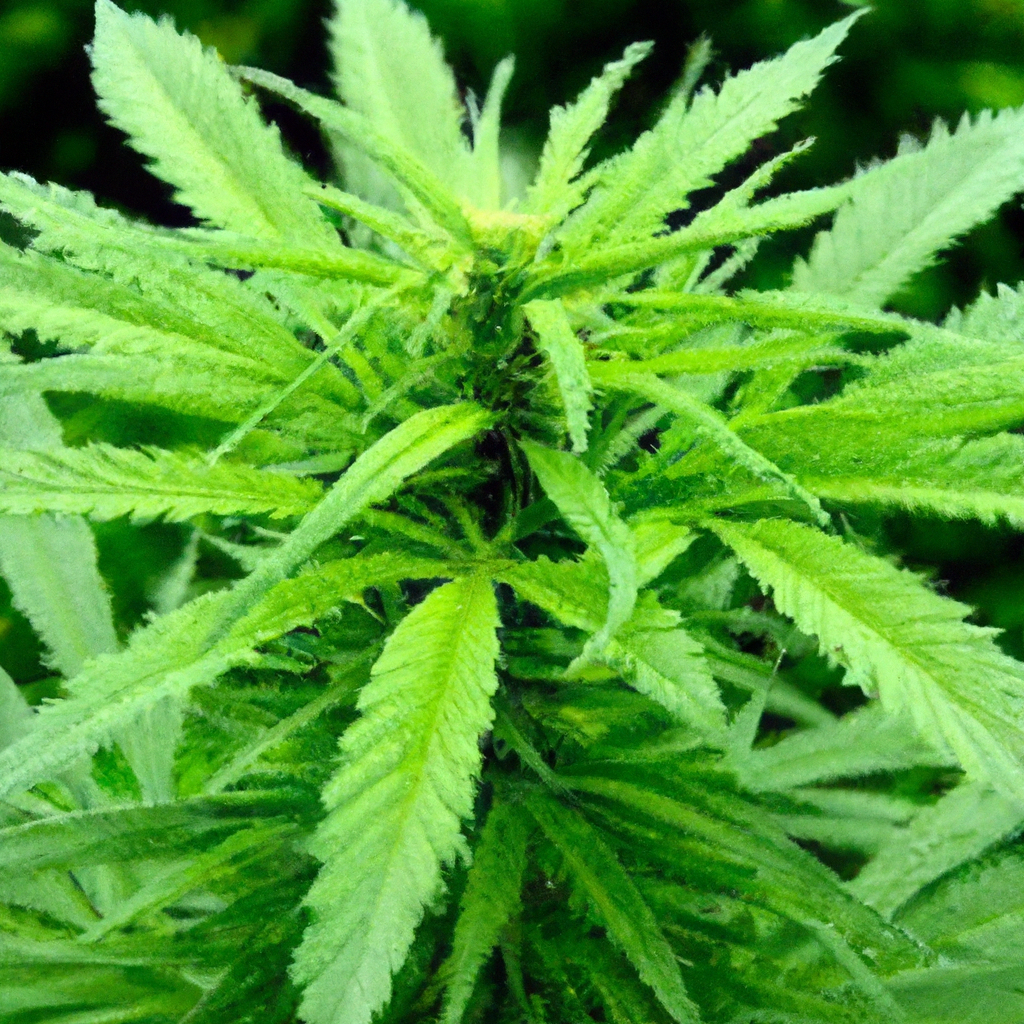Your cart is currently empty!
The rise of organic cannabis cultivation has captured the world’s attention, ecomies and enthusiasts alike. For those seeking to grow cannabis in harmony with nature, organic methods provide a pathway that not only benefits the plants but also respects the environment. This guide explores the best practices for growing organic cannabis, focusing on natural fertilizers, compost, and pest control techniques.
Building a Healthy Soil Ecosystem
Soil health is the cornerstone of successful organic cannabis cultivation. Healthy soil hosts a thriving ecosystem of microbes and fungi that facilitate nutrient uptake and improve plant health. To build strong soil:
- Start with quality compost: Rich in nutrients, homemade or store-bought organic compost provides a balanced feeding ground for essential microbes.
- Use cover crops: Plants such as clover or rye protect soil from erosion and naturally restore nitrogen levels.
- Encourage worms and beneficial fungi: Incorporate vermicompost and mycorrhizal fungi to enhance root health and nutrient absorption.
Natural Fertilizers: The Sustainable Choice
Choosing natural fertilizers over synthetic ones contributes to sustainability and plant health. Some commonly used organic fertilizers include:
- Bone Meal: High in phosphorus, making it excellent for root development.
- Fish Emulsion: Provides a quick nitrogen boost for healthy foliage growth.
- Kelp Meal: Contains micronutrients and amino acids that support plant resilience.
Organic Pest Control Methods
Keeping pests at bay without resorting to chemical pesticides ensures a clean and healthy yield. Consider the following organic pest control strategies:
- Companion Planting: Plant herbs like basil or marigold to naturally deter pests.
- Introduce Beneficial Insects: Ladybugs and predatory mites tackle aphid and spider mite infestations.
- Neem Oil Spray: A natural insecticide derived from neem trees, effective against a wide range of pests.
Benefits of Organic Cannabis Cultivation
Growing cannabis organically offers multiple advantages:
- Environmental Sustainability: Reduces chemical runoff and protects biodiversity.
- Enhanced Flavor and Aroma: Organically grown cannabis often has richer terpene profiles.
- Healthier Consumption: Free from synthetic chemicals, offering a cleaner product for consumers.
Conclusion
Opting for organic cannabis cultivation not only aligns with sustainable agricultural practices but also enhances the quality of the final product. By utilizing natural fertilizers, augmenting soil health, and employing environmentally friendly pest control, growers can foster robust, flavorful crops that benefit both the earth and the consumer.
Tags: OrganicGrowing, CannabisCultivation, NaturalFertilizers, SustainablePractices, PestControl


Leave a Reply